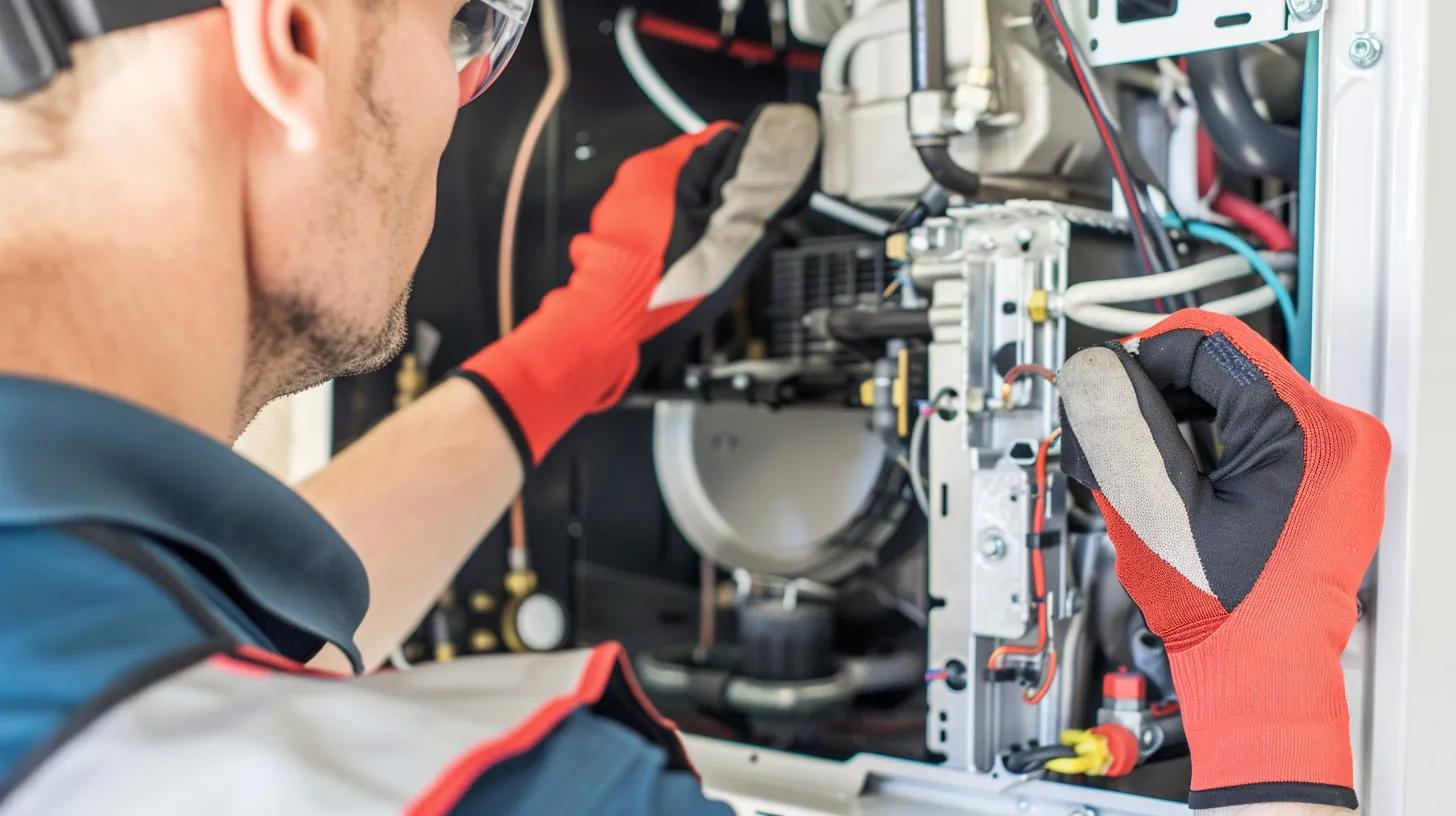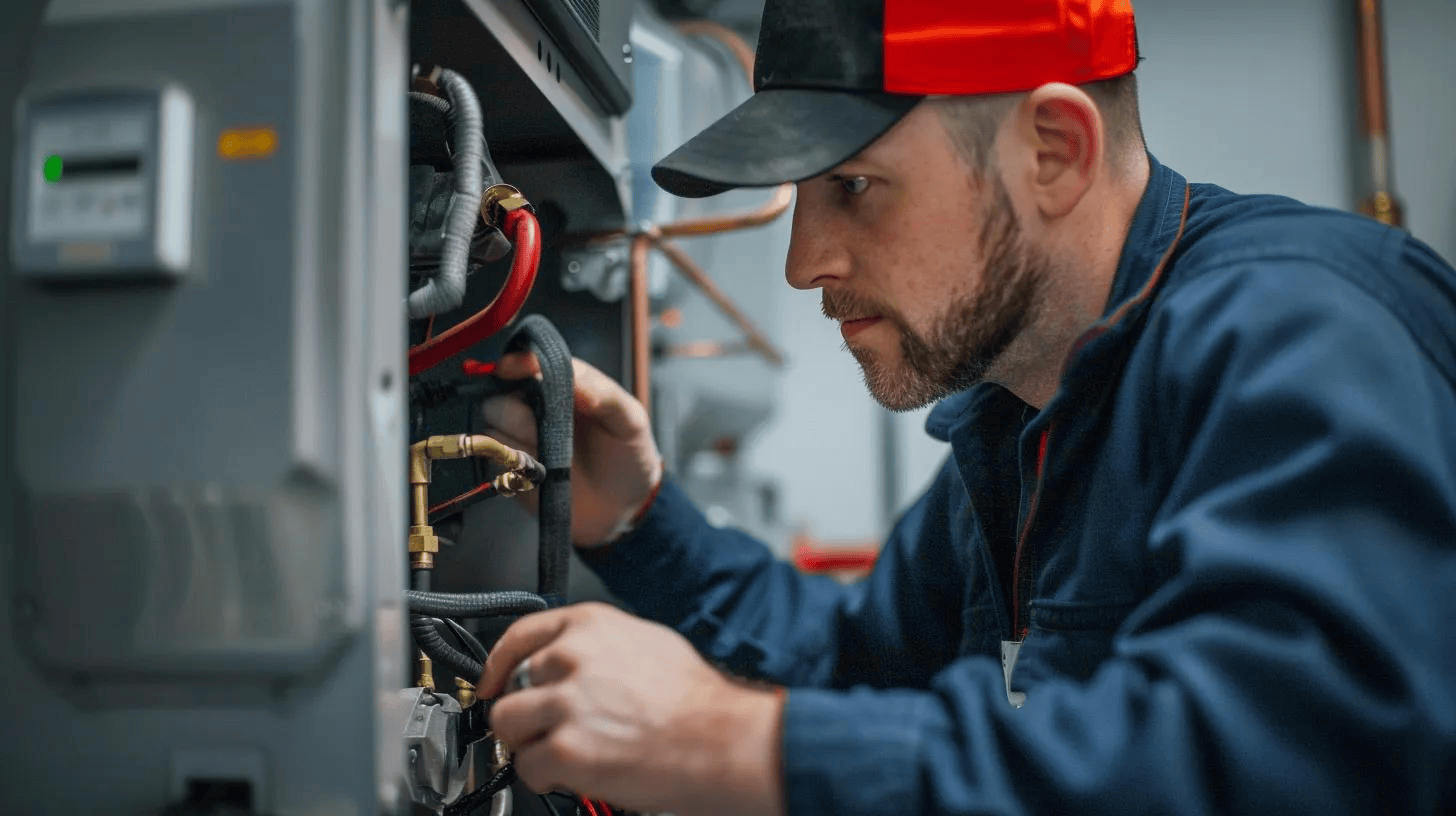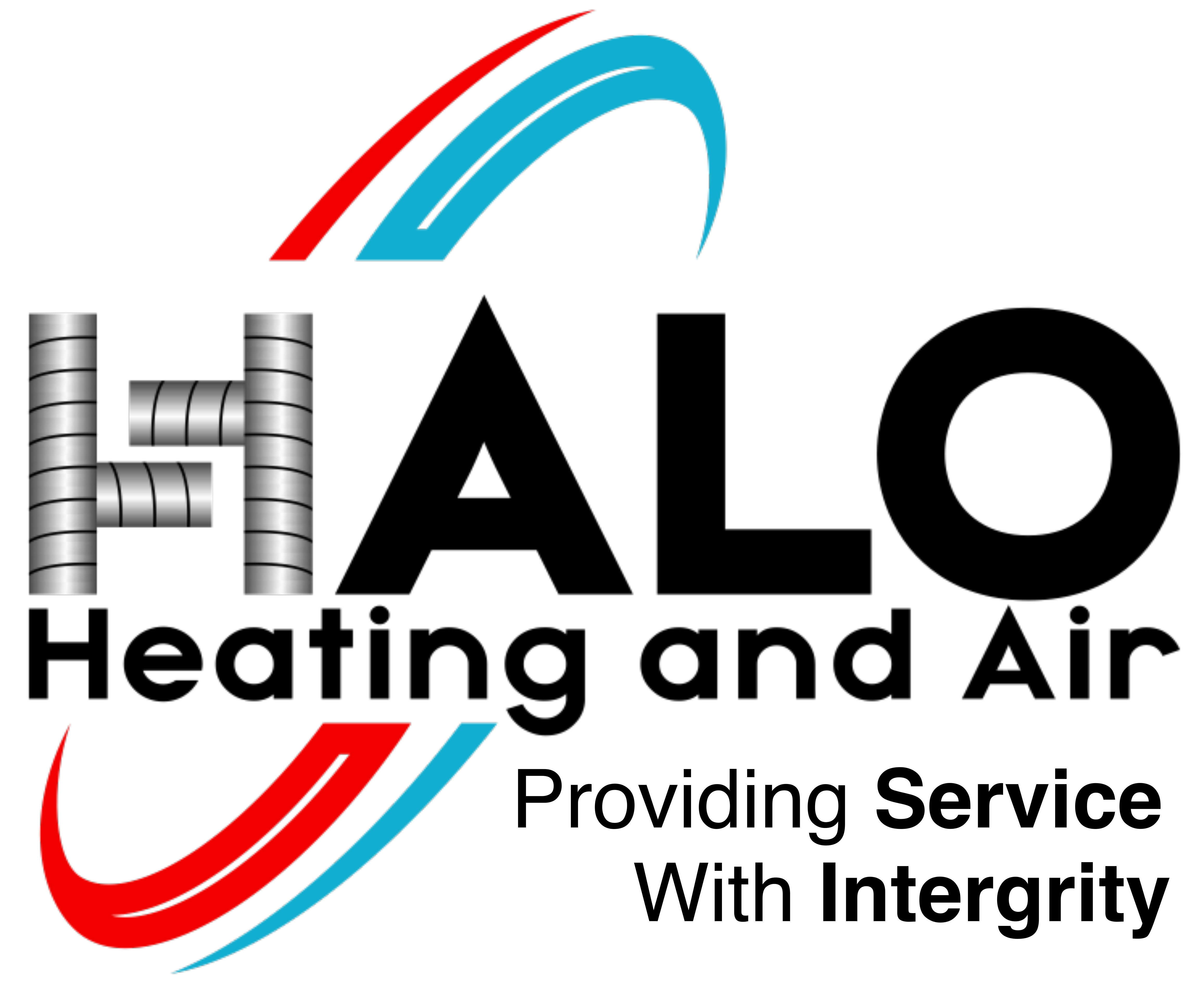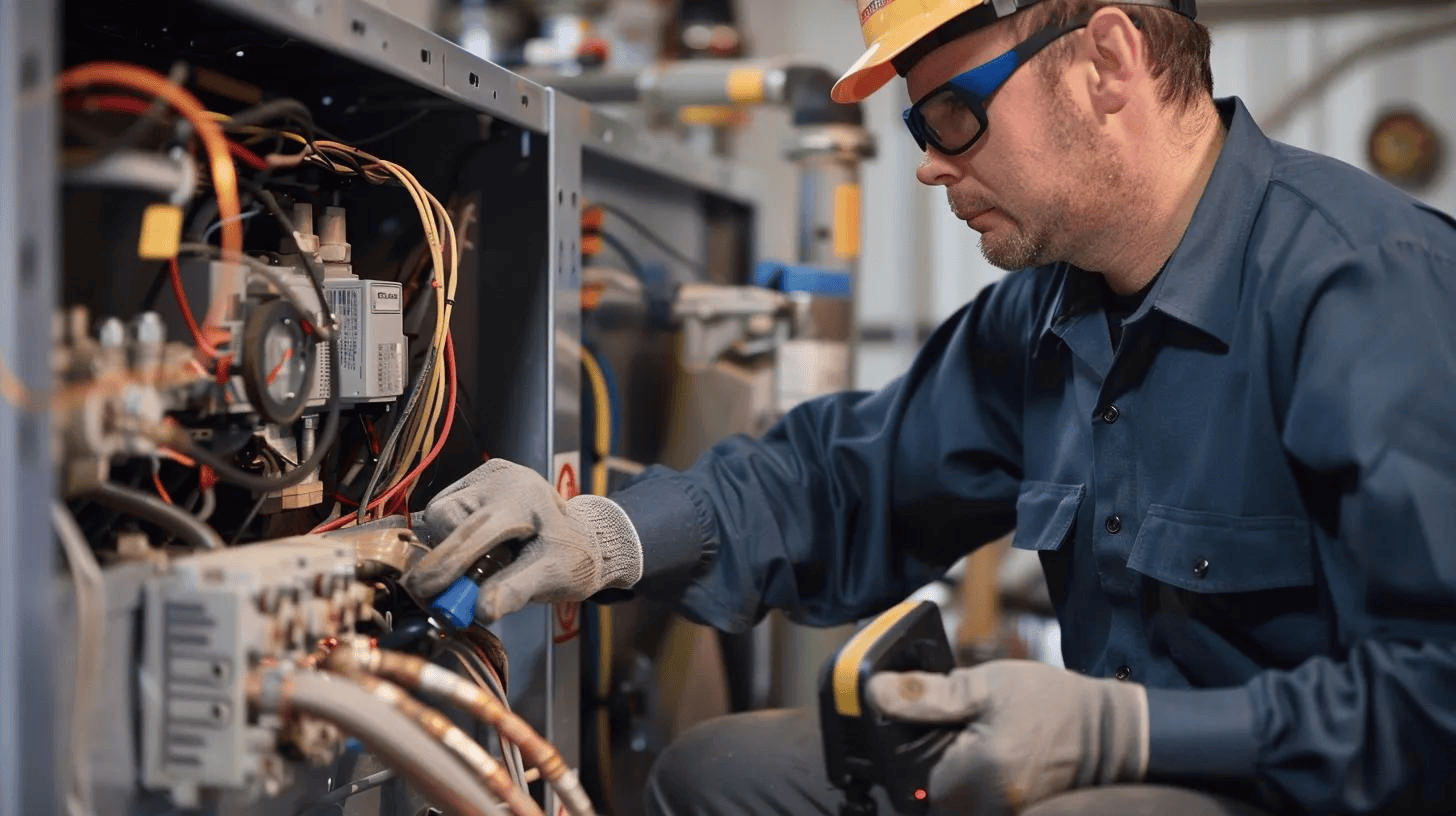When summer temperatures hit their peak in Windsor, your air conditioner becomes one of the most relied-on systems in your home. It keeps the house comfortable and helps everyone stay focused, rested, and safe, especially during back-to-back hot days. So when the AC stops working—or worse, freezes over—you’re left confused and sweating.
Believe it or not, an air conditioner freezing in hot weather is more common than many homeowners think. Even though it is supposed to cool the air, there’s a big difference between cooling and freezing, and a frozen unit can stop cooling altogether. If you're dealing with this strange problem, understanding what causes it can help you stay ahead of it and avoid future issues.
Understanding Why Air Conditioners Freeze In Summer
When an AC unit freezes during a warm Windsor summer, most homeowners are caught off guard. After all, if the outdoor temperature is well above 80 degrees, how can ice build up inside your system? The short answer is: something’s causing the refrigerant to become too cold, and that cold is lingering in areas it shouldn't.
Your air conditioner works by pulling warm air from inside your home, cooling it through the evaporator coil, and then sending that cooled air back into your home through vents. If this airflow is blocked or the system isn’t functioning correctly, the evaporator coil can get colder and colder until it eventually freezes over.
Common causes of a frozen AC include:
- Poor airflow: This usually comes from clogged air filters or blocked vents.
- Low refrigerant: Less refrigerant leads to lower pressure, which allows the coil to freeze faster.
- Dirty evaporator coils: A buildup of dust makes it harder for the coil to absorb heat.
- Faulty fan: If the fan isn’t moving air through the system, temperatures inside the unit can drop too low.
- Thermostat issues: If the system runs longer than necessary, it may overcool the coil.
A frozen AC might seem like a minor issue, but it usually signals a deeper problem that needs attention. Ignoring it doesn't just make the house uncomfortable—it can lead to bigger repairs down the road or reduce your AC system’s lifespan.
Identifying The Signs Of A Frozen Air Conditioner
One of the first signs Windsor homeowners notice is warm air coming from their vents even though the thermostat is set low. In this situation, it’s possible your AC has frozen. Alongside this, there are other red flags that homeowners should pay close attention to.
Here’s what to look out for:
- Ice buildup on the refrigerant line or around the outdoor unit.
- A noticeable drop in airflow from the vents.
- Strange sounds like clicking or hissing from the system.
- Water puddles formed from melting ice.
- The system turning on and off more frequently or running longer than it should.
Failing to act on these signs often leads to a complete shutdown. Too many homeowners don't realize there's a problem until their AC system stops working during a heatwave. That’s why taking notice of reduced airflow or temperature changes inside your home makes a big difference.
Imagine this scenario: You lower your thermostat an hour before dinner, expecting to cool down the space. After dinner, the room still feels warm. You step outside and see ice covering the refrigerant line. That’s a frozen AC on a 90-degree day, and it needs to be addressed right away.
Immediate Steps To Take If Your AC Freezes
When your air conditioner starts to freeze, it's important to act quickly and carefully. Taking the right steps can prevent other parts of the system from breaking and reduce the time your home goes without cooling.
Follow these basic steps:
1. Turn off the air conditioner at the thermostat. This prevents further freezing and lets the system begin to thaw.
2. Change the thermostat setting from “Cool” to “Fan.” This helps air move through the system and melt the ice.
3. Check the air filter. If it’s dirty or clogged, replace it before restarting the AC.
4. Make sure all vents and returns are free from obstructions like rugs or furniture.
5. After the ice melts completely and any water has drained, turn the system back on and monitor its performance.
Although these steps may help in the short term, they won't correct deeper mechanical issues. Problems like refrigerant leaks, malfunctioning fans, or sensor failure should be inspected by trained technicians. Our professionals can identify the source of the freezing and provide the right fix to prevent it from happening again.
Trying to run your system while it’s partially frozen or short on refrigerant can accelerate damage. That's why delaying service often results in more expensive repairs or full system failures.
Preventative Measures To Avoid Future Freezing
Once your system is back up and running, you’ll want to prevent the issue from coming back. Small maintenance tasks can go a long way toward keeping your system reliable during Windsor’s hot summer months.
Here are a few tips to help prevent future freeze-ups:
- Change or clean air filters regularly—every 1 to 3 months is typical.
- Keep vents and registers clear for steady airflow.
- Check that the outdoor unit is free from weeds, leaves, or other debris.
- Schedule regular maintenance inspections to check refrigerant levels and component performance.
- Monitor how the system is running and whether it is reaching the desired temperature properly.
Creating and sticking to a maintenance schedule can help reduce the chance of a frozen system. For example, checking your air filter during the first weekend of each month makes the task easy to remember. That one habit could prevent major airflow issues.
Some problems take time to develop. If you notice your home cooling more slowly or needing more frequent adjustments to the thermostat, do not just ignore the symptoms. They may be signaling a deeper issue that's easier and cheaper to repair now than if left alone.
Keep Your Windsor Home Cool And Efficient
Windsor summers demand a lot from your air conditioner. Long hours of operation in hot conditions make even small issues grow quickly into bigger ones. A frozen AC during a heatwave is more than just annoying—it is a clear sign something’s wrong. Ice buildup reduces airflow, boosts wear on internal parts, and can completely stop your cooling when you need it most.
By staying alert to early warning signs, maintaining good airflow, and replacing dirty filters, you can help your system perform better and last longer. Monitoring your AC system regularly gives you the chance to fix small issues before they become serious problems.
If your air conditioner is freezing up, don't wait for the next heatwave to figure out what’s wrong. A trained technician can check for things like low refrigerant levels, airflow blockages, or electrical problems that make the unit freeze. Routine attention from our professionals can help keep your AC running smoothly and prevent cooling failures before they begin.
With the right upkeep and expert AC support, your Windsor home can stay cool, safe, and energy-efficient all summer long.
If your system is showing signs of recurring issues and struggling to keep up with Windsor's summer heat, it may be time to get expert help. Rely on our professionals to diagnose and address problems before they lead to a complete system shutdown. For trusted air conditioner repair in Windsor, HALO Heating and Air has the experience to restore your comfort quickly and effectively. For a quick estimate or to book a service visit, please contact us today.
Customer Testimonials
See what homeowners across Windsor and Northern Colorado are saying about our reliable service, expert workmanship, and commitment to getting the job done right.
Latest Blogs





.svg)






